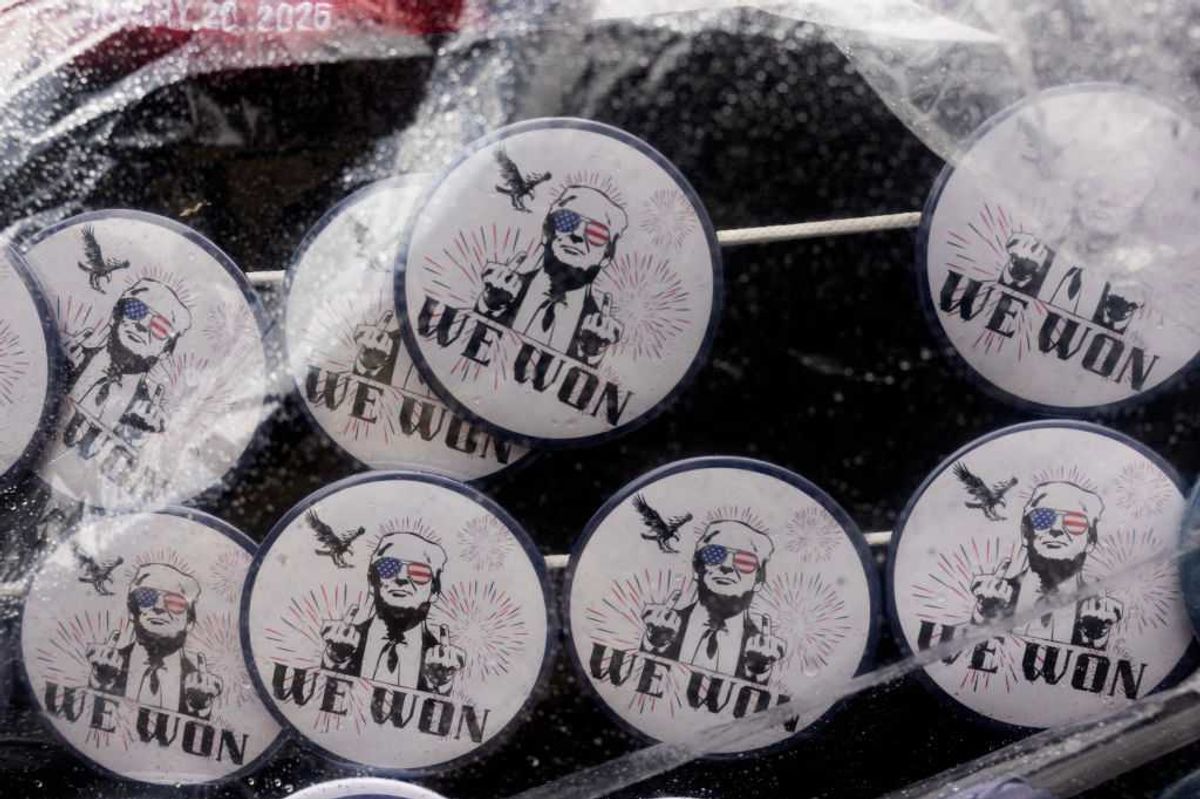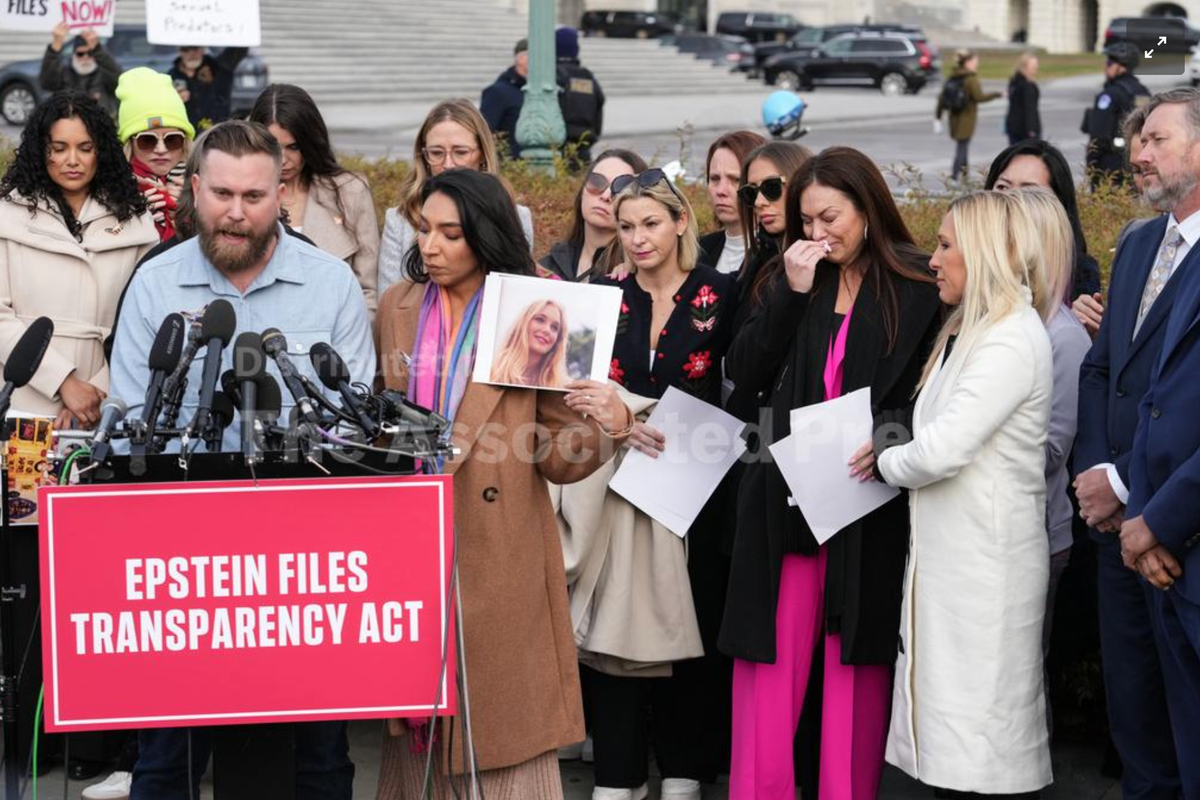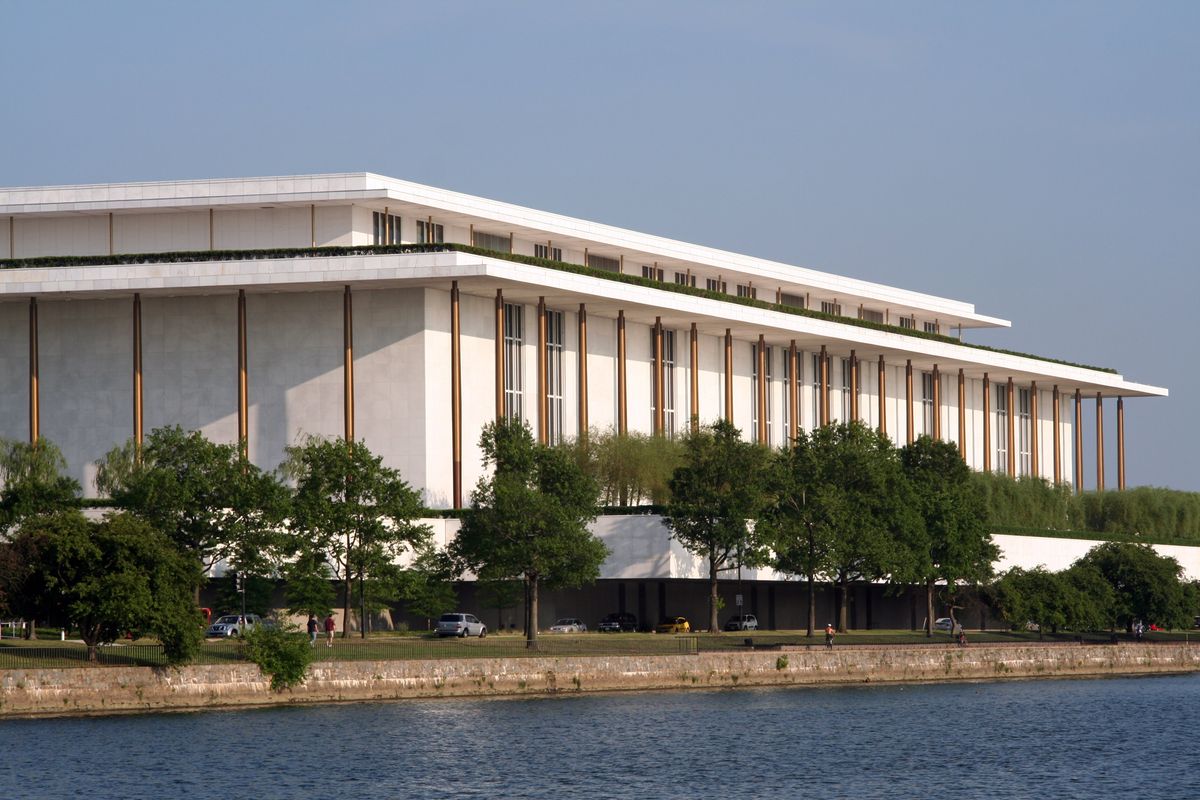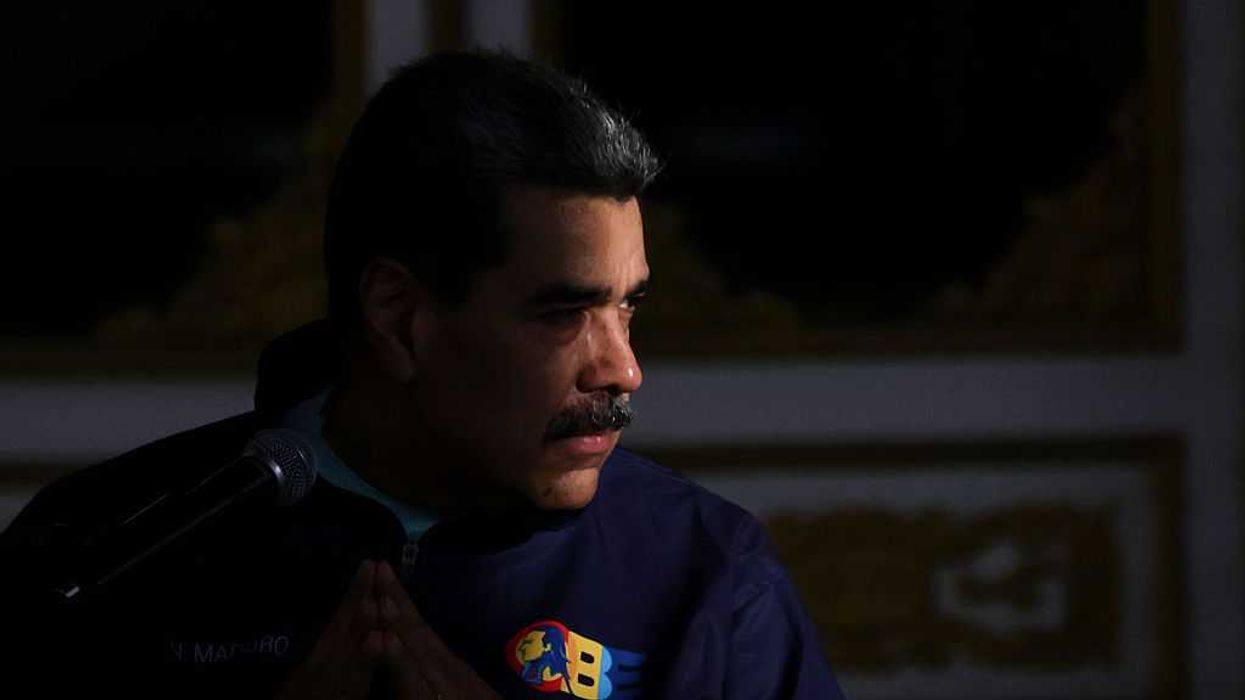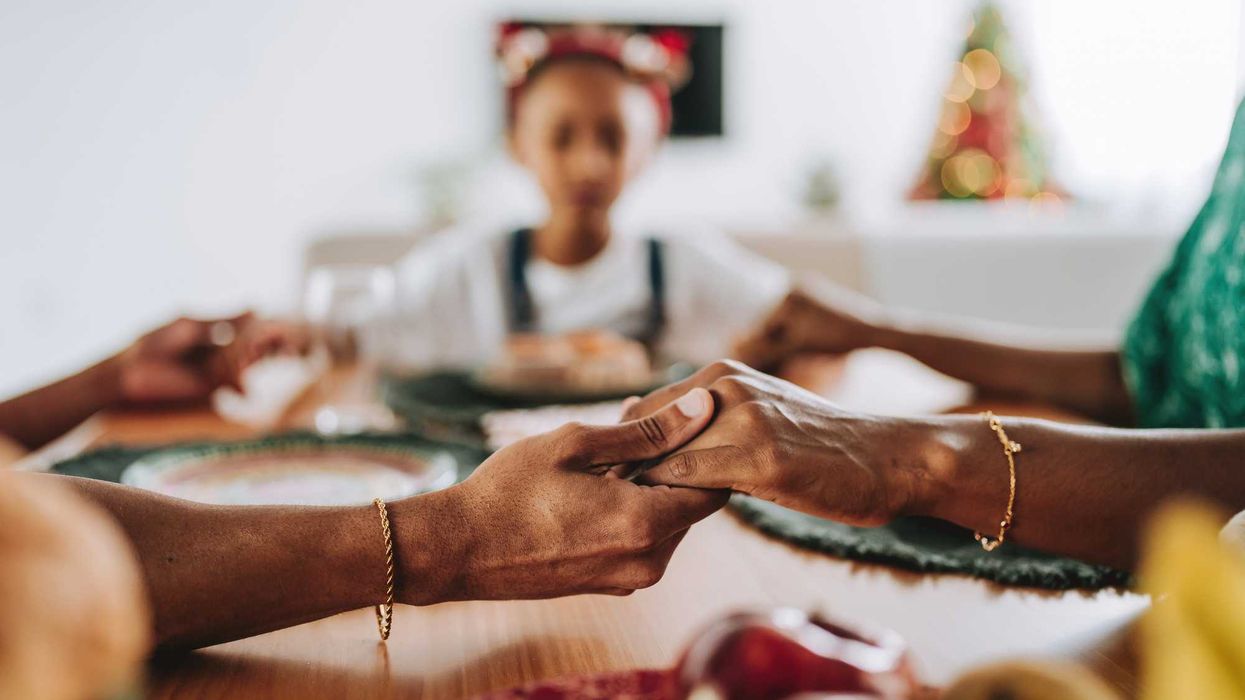Alice Garcia never planned on a military career, but a schedule change in high school set her up for an unlikely stint in the Army Junior ROTC program.
“The only elective that was available after my schedule change was Army JROTC,” she recalled. At the time, she saw it as merely another class, but her mom helped her look at it in a different way. Her mom told her that when she was in high school, women weren’t allowed to be cadets—so she had to be a ‘sponsor’ for the male cadets. “You should be thankful that you get to be a cadet in JROTC,” Garcia’s mother explained to her.
Seeing the opportunity that the program offered came at the right time, as Garcia’s instructors recognized her growing leadership skills. “One of the instructors mentioned, ‘You seem to be catching onto this Army thing. Have you thought about the military?’ And I immediately said, ‘No, I have to go to college, that’s non-negotiable for my family,’” Garcia said.
But learning that military service meant a scholarship opportunity changed things, and with the encouragement of her father, who served in both the Air Force and Army, she took the leap and applied to West Point.
The military experience she gained in the following years gave her firsthand insight into how individuals can come together with a shared goal, regardless of how vastly different their backgrounds may be.
“We’re used to people from all over the country...not looking alike and being diverse in their opinions, but we all have to come together for a common mission,” she explained.
From San Antonio to Korea, Garcia witnessed the military fostering unity and emphasizing cooperation. When she eventually decided to leave the military, the transition back to a civilian posed its challenges, and the stark divisions along political, racial, and economic lines became clearer than ever. She immediately felt that her leadership skills gained in military service had a purpose beyond the armed forces. “It’s almost in a lot of ways like finding your purpose again after the military,” she recalled. “Instead of defending the country from external forces, you’re defending it from internal forces.”
Like many veterans before her, Garcia searched for meaningful and impactful ways to serve her community. At first, she engaged in an organization for other young professionals in San Antonio, Texas, but she felt she was being called to do more. Through connections with friends and classmates from West Point, Garcia found her way to +More Perfect Union.
Garcia soon realized what she was actually searching for: Less talk for the sake of talking and more genuine dialogue, listening, and building relationships that break free of ideological lines.
“It was not just about talk; it was actually bringing people together to speak to each other and to have those interactions,” she said. “It wasn’t about debating; it was about understanding.”
It’s not surprising that one of Garcia’s most successful initiatives at +More Perfect Union has been the “Coffee Club”, a series of informal gatherings designed to encourage open discussions among people from different backgrounds.
In these events, people across the political spectrum are brought together not to debate policy—but to talk about issues that they can find common ground on. Questions Garcia may bring to the table include: What is hope? What is mercy? What is the American dream?
“In an hour, people who originally came in with different points of view are hugging each other...they’re just connecting with people again, and it is really kind of a beautiful thing to see,” she explained.
This approach, Garcia explains, proves that while many of us can get caught up in the whirlwind of policy and political figures, when we get down to core values, we often want the same things—no matter who we choose to vote for.
The Coffee Club events take place at locally-owned shops in San Antonio, followed by community service projects or volunteer work. This multi-pronged approach—pairing conversation with local action—helps members feel more involved and integrated into their communities.
Garcia draws from her military experience when moderating discussions, which can be difficult—yet healing—for both sides. “In the Army, you have to work with people who don’t think like you, who come from different walks of life. You learn to see beyond the uniform and respect the person.”
Veterans are uniquely prepared to help bridge these divides in the civilian world, Garcia explains. “We’re trained to operate in diverse environments, to lead teams with people who don’t always agree, and to focus on mission over personal differences,” she said. “If you don’t have real conversations with people, if you only see them through the lens of what the news or social media tells you, then it’s easy to fall into division.”
“It’s not just about veterans leading veterans; it’s about veterans leading communities,” she noted. “And not in the ‘command and control’ sense, but in the way that helps people work together, even when they disagree.”
Garcia’s service to the country and her fellow citizens didn’t end when she hung up her uniform. Instead, it evolved into a new kind of mission—one that’s every bit as important and in many ways even more challenging.
“The military gave me the tools, but this is where I get to use them,” she said. “This is about protecting the country in a different way.”
Jake Harriman is the co-founder of +More Perfect Union.

